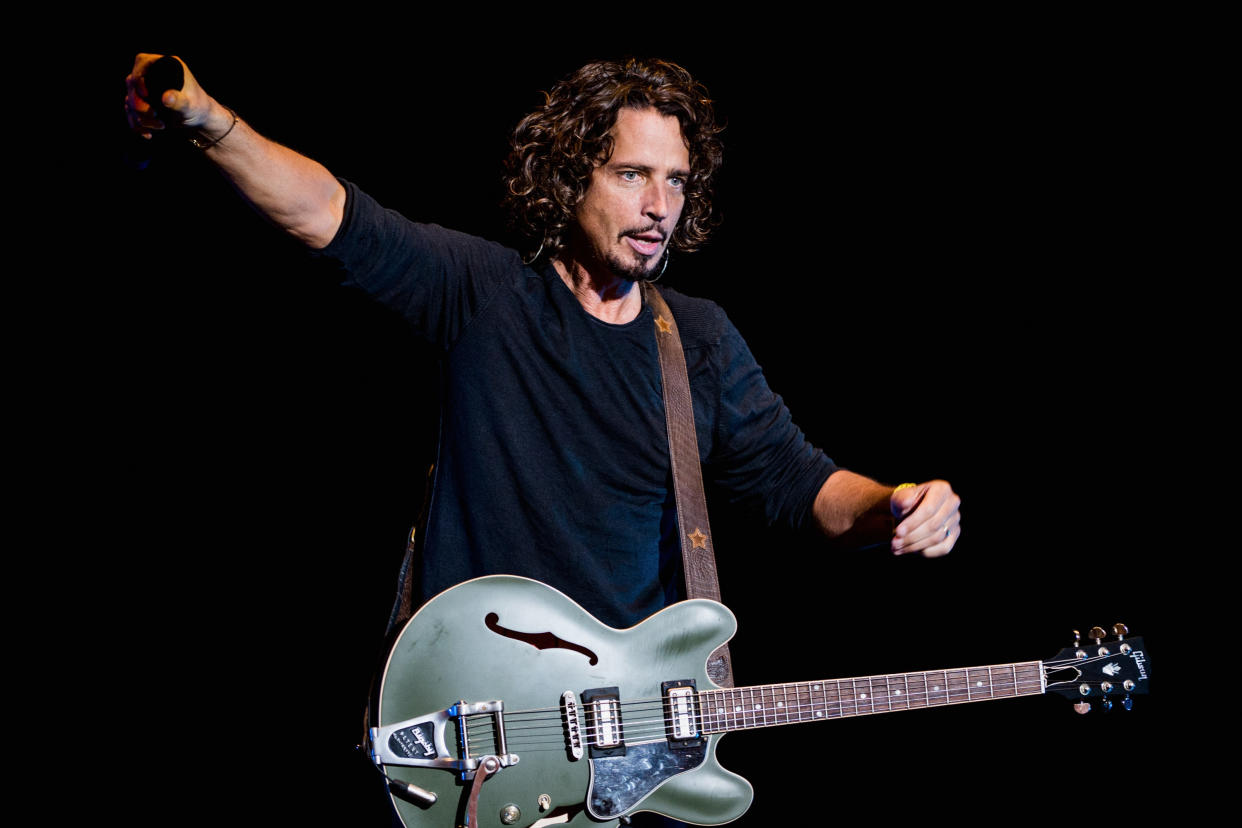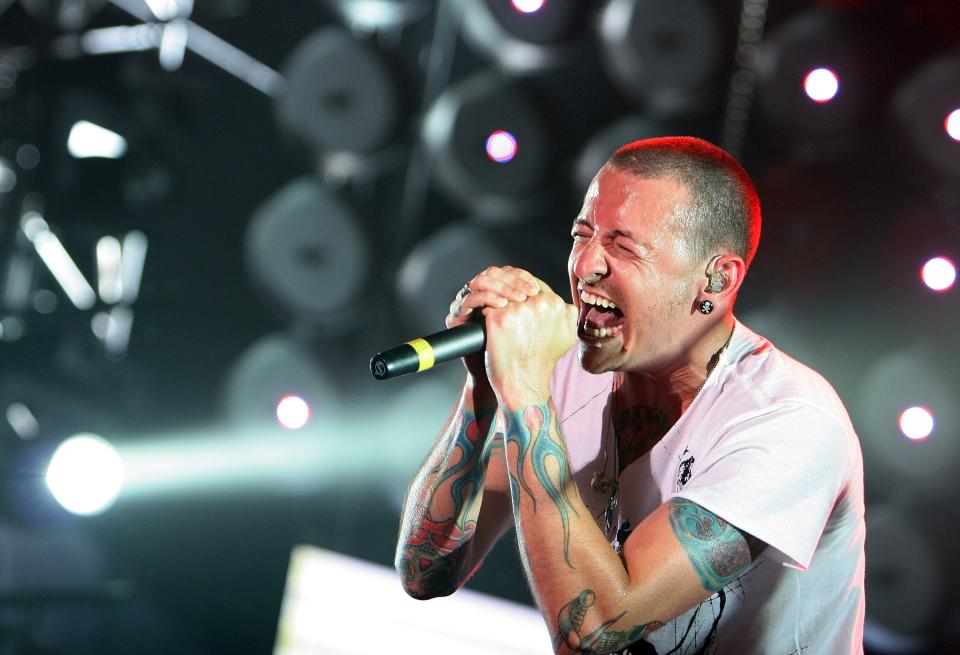Chris Cornell's death, one year later: How his suicide has helped raise awareness of addiction and mental health

The loss of Soundgarden frontman Chris Cornell to suicide occurred one year ago, rocking music fans to the core — as well as those who simply couldn’t fathom what could have been going on in the mind of a seemingly healthy 52-year-old father and husband enjoying a tremendously successful career.
Such questions were hammered home with another suicide shortly after, of 41-year-old Linkin Park vocalist Chester Bennington, who killed himself on what would have been Cornell’s 53rd birthday (July 20) and who left behind a similarly lustrous career and family.
A year later, it’s still not possible to explain the demons the two musicians were grappling with. Their friends, fans, and loved ones, however, have taken steps to try to prevent more lives tragically being lost to issues of mental health.

Awareness of Cornell’s mental health and the epidemic of mental health issues in general came to the fore after the singer’s death. The day after Cornell’s suicide in Detroit, a crowd of local fans held a vigil in his memory — along with anti-suicide advocates wearing black armbands reading, “I will not give up.”
Cornell’s older brother Peter, one month later, attempted to highlight the connection between mental health, substance abuse, and suicide by posting a simple challenge: 23 pushups a day for 23 days, then tag 23 friends, to raise awareness. He ultimately took himself and the exercise off social media, but urged fans to keep the momentum up. (Sadly, Bennington would commit suicide just a few weeks later.)
As the one-year anniversary of Cornell’s death approached, the singer’s widow, Vicky Cornell, took action in April to announce the launch of Addiction Resource Center (ARC) for Chris, an online resource for individuals and families struggling with addiction, as well as the Addiction Resource Line (ARL), a hotline that connects those in need with clinicians and peer recovery support advocates.
“Addiction is a preventable and treatable disease,” she said in a statement. “While it’s too late to bring Chris back, it’s not too late for millions of other people who are struggling with addiction.
“People don’t recognize it as a disease,” Vicky told Good Morning America in February. “You think addiction is a choice, and it’s not.”
Bennington’s widow, Talinda Bennington, has also been active since her husband’s suicide. Using hashtags such as #MakeChesterProud, #IAmTheChange, and #F**kDepression, she vowed to spread the word and use her late husband’s suicide as a way to help those who are struggling with such issues today.
If my husband's death saves one life, then it's not in vain https://t.co/f9vRU09vHH
— Talinda Bennington (@TalindaB) September 4, 2017
Bennington’s teenage son, Draven, filmed a special anti-suicide video just two months after his father’s death, for National Suicide Prevention Week. “I want to make a commitment that I will talk to someone before I hurt myself when I’m feeling depressed, sad, or going through a hard week, month, or year,” he declared. “I want to challenge you to do the same.”
The drive to continue the conversation and provide assistance has not been limited to the victims’ families. Most recently, Jane’s Addiction/Red Hot Chili Peppers veteran Dave Navarro teamed up with Billy Idol/Cult guitarist Billy Morrison to host last month’s Above Ground, an all-star MusiCares benefit to raise awareness of mental health struggles, addiction, and suicide prevention.
Navarro, a trauma survivor himself, who has grappled with addiction and suicidal feelings, noted that the loss of Cornell and Bennington spurred him to “change the playing field” and bring these issues into conversation, as well as examine the underlying traumas that might trigger addiction and potential self-harm.
“I can’t tell you how many people have reached out to me, telling me that they felt the same way, and they felt not alone, and they were really moved, and inspired, to get help on their own, because of the stories that are shared,” he said. “And so, for me, that’s the reward.”
Where can someone who has no experience with mental health issues begin in their attempts to try and help friends or loved ones who do? Vicky Cornell told Good Morning America that an important step is simply expressing empathy with the person affected, as well as to understand that addiction is a medical condition and to help remove the stigma surrounding it.
“[Chris] wanted to be there for his family, for his children. He loved his life,” she said. “He would never have ever left this world.”
Read more from Yahoo Entertainment:

